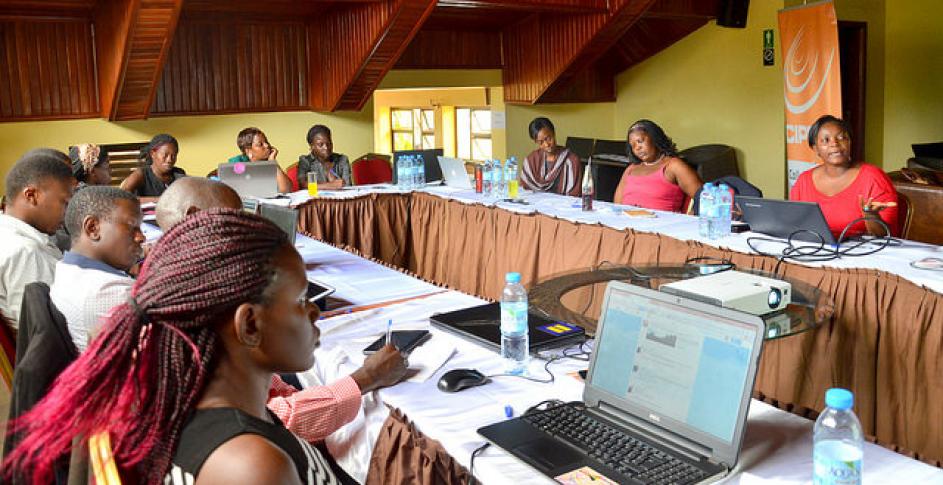
The Local Action to Secure Internet Rights (LASIR) project aims to empower national and local actors in their defence of human rights on the internet. APC will facilitate national initiatives and support human rights campaigns in ten countries across the globe where opportunity, capacity and momentum already exist.
How will we do it?
With the support of the Ford Foundation, APC will engage with local partners to identify their needs and opportunities for action, providing targeted support in the form of joint policy analysis, skill building and strategising for change.
During 2015, organisations will implement their strategies and develop collaborative networking and advocacy. Each country project is based on the national context and on the reality and needs of organisations working on the ground.
What will make it possible for this project to be implemented in a short period of time is the fact that LASIR partners are strong local organisations, with ongoing work on internet rights. They will develop together with APC an integrated strategy of policy research, context analysis, coalition building, media outreach and popular engagement.
The main goals that civil society organisations will try to achieve are related to internet and human rights in areas such as privacy, surveillance, freedom of expression, network neutrality, and diverse and decentralised infrastructures. At the same time, with the support of APC and its global partners – including the Swedish International Development Cooperation Agency (Sida) and Article 19, among others – they will advance the overall Web We Want goals.
What countries are involved?
The ten countries engaged in the LASIR project are:
-
South Korea – Jinbonet
-
Brazil – Institute for Technology and Society-Rio (ITS-Rio)
-
Philippines – Foundation for Media Alternatives (FMA)
-
India – IT for Change
-
Jordan – Jordan Open Source Association (JOSA)
-
Uganda – Collaboration on International ICT Policy in East and Southern Africa (CIPESA)
-
Bosnia and Herzegovina – OneWorld Platform for Southeast Europe (OWP)
-
Bangladesh – Article 19 partners
-
Tunisia – Article 19 partners
-
Kenya – Article 19 partners
Project outcomes
While outcomes will vary, depending on each country’s political context and level of civil society engagement, by the end of 2015 we hope that organisations will achieve:
-
Activated local coalitions with increased capacity to engage in internet rights advocacy over the longer term
-
Closer relationships between existing human rights defenders and internet rights activists
-
Increased recognition and use of human rights principles in national internet policy
-
Increased engagement of local civil society actors in relevant regional and global internet governance-related spaces and processes
-
Media coverage of the national processes
-
A charter or statement of principles, where there is opportunity to do so.
Photo: CIPESA.org